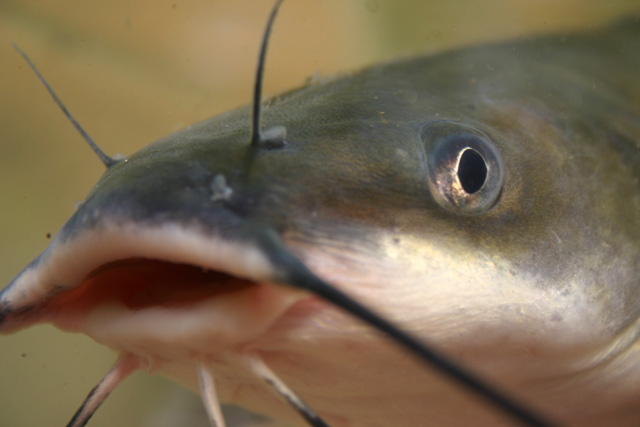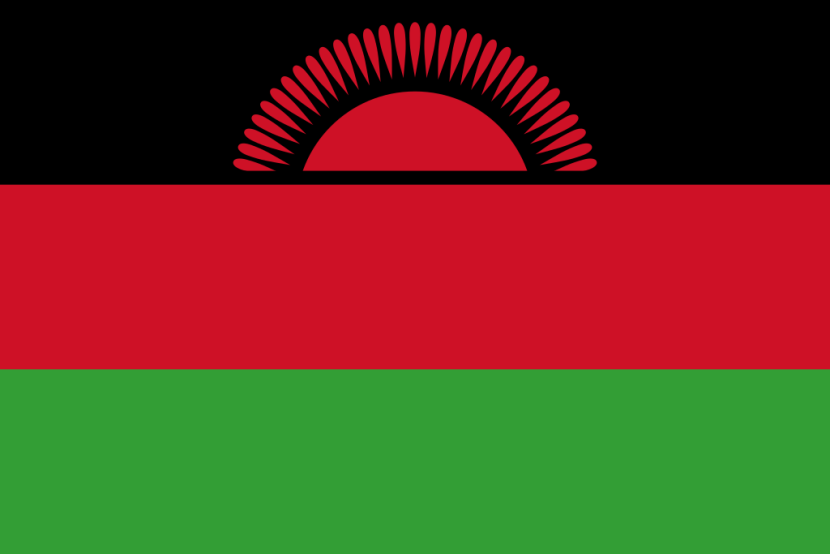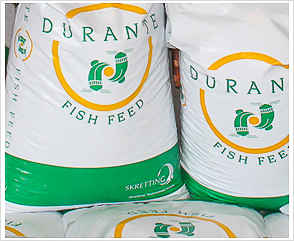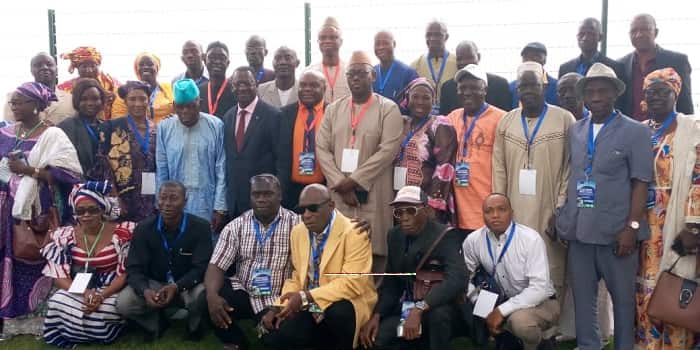L’aquaculture est la production régulière de plantes et d’animaux aquatiques dans des conditions contrôlées. Environ 90% du poisson produit en Afrique de l’Ouest provient de la pêche artisanale (de la mer et des eaux intérieures) et de la pêche d’élevage.
L’aquaculture continue d’être un secteur de production d’aliments pour animaux qui connaît la croissance la plus rapide en Afrique de l’Ouest. Le CPCO travaille au niveau régional pour soutenir une gestion efficace de la pêche, afin de maximiser les avantages de l’aquaculture pour la région:
La réduction des pertes après récolte.s
Veiller à ce que suffisamment de poissons et de produits de pêche de bonne qualité soient produits localement pour répondre aux besoins nutritionnels de notre région à un coût abordable.
Fournir un soutien pour s’assurer qu’une quantité suffisante de poissons est produite pour l’exportation afin de gagner des devises étrangères, de créer de la richesse, de créer des emplois et d’améliorer le statut socio-économique de nos pêcheurs ruraux.
La mission du CPCO est de créer un environnement favorable au développement durable des pêches dans la région, à un niveau d’autosuffisance en matière de production halieutique, tant pour la capture que pour l’élevage, ainsi que d’encourager une utilisation efficace du poisson et une exploitation rationnelle des ressources par des mesures adéquates de conservation mises en place pour assurer la durabilité.
Working Group on Aquaculture (WGAq)
It is against this backdrop that the 6th Conference of Ministers of the Committee in 2012 strongly recommended making aquaculture development one of FCWC’s intervention areas.
Following this recommendation, the first regional seminar on aquaculture development, held in Cotonou, Benin, from 3rd to 5th March 2020, also led to the creation of a permanent framework for consultation and reflection on the theme of aquaculture development in the sub-region.
Finally, the latest FCWC Strategic Action Plan (SAP) 2021-2030 identified aquaculture development as a strategic priority to be implemented by the Secretariat, Member States and partners.
On 10-11 November 2021, the FCWC Secretariat, in partnership of japonese International cooperation Agency (JICA) and the Ministerial Conference on fisheries cooperation of Africa States of Atlantique ocean (ATLAFCO) held a kick-off workshop for the Working Group on Aquaculture (WGAq) in Abidjan, Cote d’Ivoire, leading to the adoption of its three-year action plan 2022 – 2024.
The WGAq mission is “to create a coordinated regional stakeholders networking initiative to support aquaculture development actions in the FCWC jurisdictions in accordance with the Comprehensive Strategic Framework for Sustainable of Fisheries and Aquaculture Development (CSFS FAD) of ECOWAS.
As baseline of the Aquaculture status in FCWC région, find below comparative level of Aquaculture development in countries of the region :
| Challenges | CÔTE D’IVOIRE | BENIN | LIBERIA | GHANA | TOGO | NIGERIA |
| High food cost | X | X | X | X | ||
| Flow difficulties | X | X | ||||
| Limited knowledge of aquaculture production techniques | X | X | X | |||
| Weak professional status in the sector | X | X | X | X | X | |
| Poor interest in the private sector | X | |||||
| Poor quality of fry | X | X | X | X | ||
| Lack of credit | X | X | X | |||
| Disease | X | X | ||||
| Research problems | X | X | X | |||
| Absence of a consultation framework | X | X | ||||
| Insufficient market for small-scale producers | X | X | X | |||
| Product not adapted to the market | X | |||||
| Insufficient public sector support | X | X | ||||
| Poor road infrastructure | X | X | ||||
| Weak rules enforcement | X | |||||
| Water problem | X | |||||
| Absence of breeding program | X | X |
Permanent Members of the WGAq
| Benin | Francoise Assogba Komlan Houenou Hypolite Eugene C. Dessouassi Christian Guidibi |
| Cote d’Ivoire | Dr Kouassi N’Goran Millan Augustin |
| Ghana | Dr. Armah Ahiah Seth K. Agyakwah Gifty Abache |
| Liberia | Zizi S. Kpadeh Mallay Harris Albert Porte |
| Nigeria | Emmanuel Pwaspo Paul Bolorun Mfon Dominic Amin Bola |
| Togo | Kebenzigato Baniele Tcharie Kouglo Yaovi N’Feide Toi Akakpovi Kokou |
Learn More About Aquaculture






